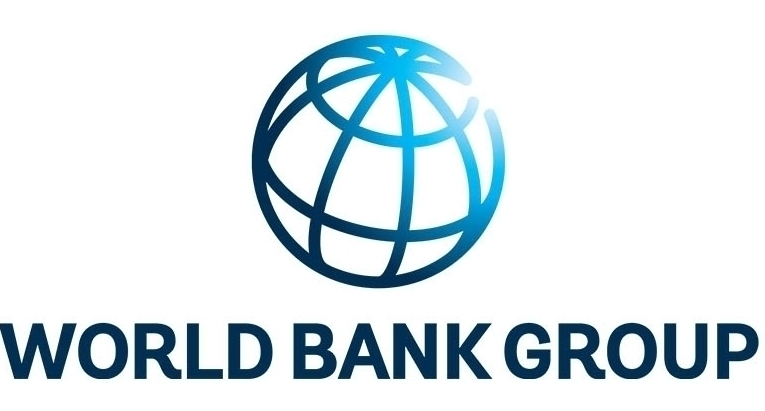Sub-Saharan Africa’s economic activity to contract by 2.8% in 2020: World Bank
According to World Bank, the global economy will shrink by 5.2 percent this year.

June 09, 2020: According to World Bank, the global economy will shrink by 5.2 percent this year. That would represent the deepest recession since the Second World War, the World Bank stated in its June 2020 Global Economic Prospects.
Sub-Saharan Africa has been ravaged by the Covid-19 pandemic, and economic activity collapsed in the first half of this year. Economic activity in the region is on course to contract by 2.8 percent in 2020, the deepest on record. Per capita GDP is anticipated to fall even more sharply, likely pushing millions in the region back into extreme poverty. Growth could resume to 3.1 percent in 2021 assuming the pandemic fades in the second half of the year, that domestic outbreaks of the virus follow a similar path, and that growth in major trading partners rebound.
The pandemic has taken a heavy human and economic toll, causing the most serious disruption to region-wide economic activity on record. Sub-Saharan Africa has suffered as a result of the impact of the pandemic on its key trading partners, the disruption to global travel and supply chains, and the collapse in global commodity prices, particularly for oil and industrial metals. These shocks have heightened risk aversion among investors and prompted unprecedented capital outflows.
In Nigeria and South Africa, activity has fallen precipitously in the first half of the year. Several industrial commodity exporters, such as Angola, the Democratic Republic of Congo, and Ghana, have had to cope with weaker external demand and lower prices for oil and metals, in addition to domestic disruptions. Agricultural commodity exporters, including Côte d’Ivoire, Ethiopia and Kenya, have suffered from a collapse in demand as well as disruptions to supply chains. The fall in global travel as a result of the pandemic has hit hard on countries with substantial exposure to travel and tourism, such as Cabo Verde, Ethiopia, Mauritius, Seychelles.
Sub-Saharan Africa faces daunting hurdles to contain COVID-19 given weak health care capacity, lack of access to basic sanitation, and the prevalence of informal economic activity across much of the region. The economy of Nigeria is expected to shrink by 3.2 percent this year, given the collapse in oil prices, which represent 80 percent of the country’s exports, about a third of banking sector credit, and half of government revenues. South Africa’s output is forecast to contract 7.1 percent this year, the deepest contraction in a century, as stringent but necessary containment measures curtail economic activity.
Economic activity among commodity importing economies is anticipated to shrink this year despite lower oil prices, as international travel restrictions weigh on tourist visits. Industrial commodity exporters’ GDP is similarly anticipated to contract in 2020 as domestic disruptions are compounded by low prices for oil and metals. Agricultural commodity exporters are also expected to experience a collapse in economic activity this year despite being somewhat insulated from commodity price declines, as foreign direct investment and tighter financial conditions delay investment.
Global economic activity among advanced economies is anticipated to shrink 7 percent in 2020 as domestic demand and supply, trade, and finance have been severely disrupted. Emerging market and developing economies (EMDEs) are expected to shrink by 2.5 percent this year, their first contraction as a group in at least sixty years. Per capita incomes are expected to decline by 3.6 percent, which will tip millions of people into extreme poverty this year.
The blow is hitting hardest in countries where the pandemic has been the most severe and where there is heavy reliance on global trade, tourism, commodity exports, and external financing. While the magnitude of disruption will vary from region to region, all EMDEs have vulnerabilities that are magnified by external shocks. Moreover, interruptions in schooling and primary healthcare access are likely to have lasting impacts on human capital development.


